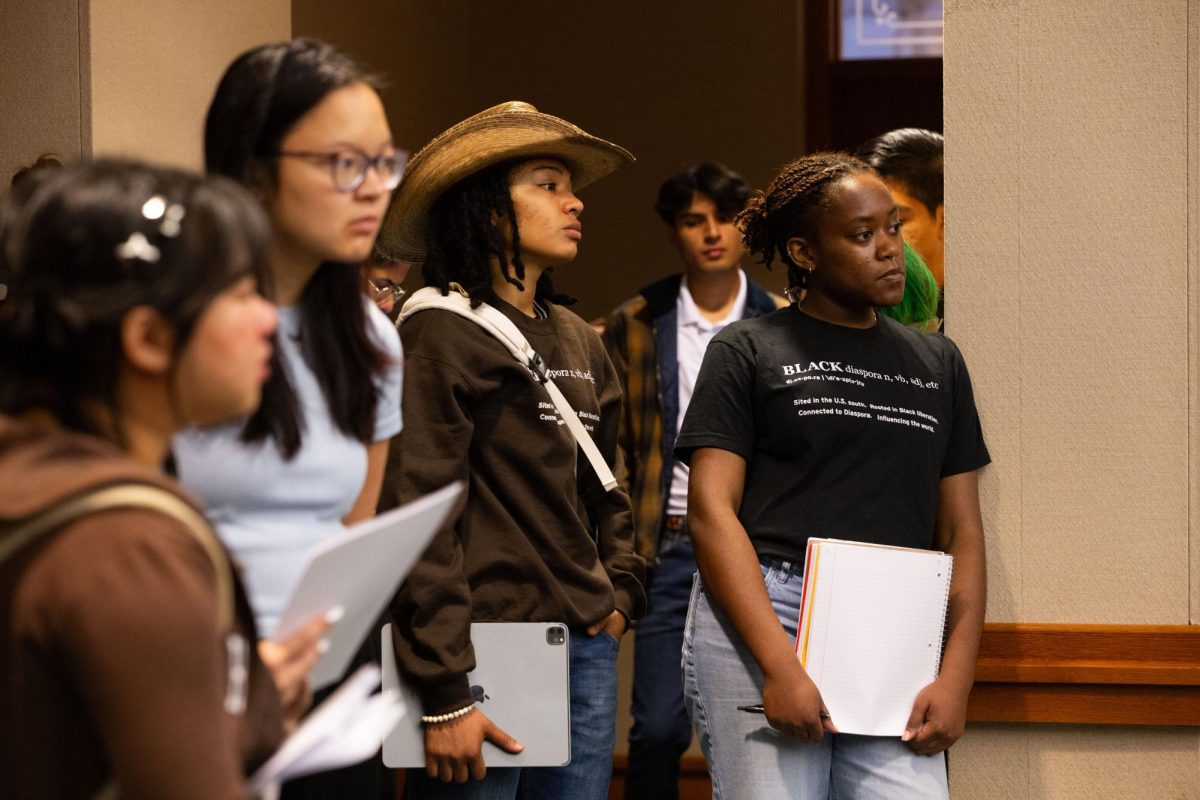Journalism junior Alyssa Morin said she is often treated like a paid employee at her unpaid internship. She has her work published and is sometimes asked to work extra.
Many UT academic programs require students to complete internships to receive their degrees. Although getting real-world experience is important for post-graduation job searches, some students encounter financial problems for taking unpaid internships. Various academic institutions nationwide believe internships should be paid.
UT students like Morin who work at unpaid internships might find it harder to get one in the future. This month, New York District Judge William H. Pauley III ruled that unpaid internships breach federal labor laws.
Pauley ruled against Fox Searchlight Pictures and said it violated the law when it did not pay company interns who worked on the production of the Oscar-winning film “Black Swan.”
The judge said employers must either pay interns for their work or directly supervise their education. Pauley said employers should receive “no immediate advantage” from intern labor. He also said employers should follow a six-point memo by the Department of Labor to ensure interns do not displace other employees.
The labor department states that the internship must be similar to training given in an educational environment, the experience must be for the benefit of the intern and the intern must not displace regular employees and work under close supervision of staff, among other provisions.
These criteria only apply to for-profit companies. Nonprofits and government entities may still award internships by stating that the intern’s work is an act of public service.
“Footman [the intern] did not receive any formal training or education during his internship,” Pauley said in his ruling. “It is not enough that Footman ‘learned what the function of a production office was through experience.’”
Although she has gained valuable experience through her internships, Morin said her financial situation has made it difficult for her to accept otherwise “exceptional” internship opportunities.
“I feel like fortunate kids with parents who take care of them can go for an unpaid internship,” Morin said. “I need to pay for groceries, gas and utilities. I’ve been awarded with great opportunities, but at the end of the day, I cannot continue to work for free.”
On the academic side, a recent survey by the National Association of Colleges and Employers — of which UT is a member — found that many universities felt internships should be paid.
Wanda Cash, a journalism professor who coordinates internships for UT’s School of Journalism, said all internships are vetted by the school’s career services office and various coordinators. Valuable internships include those that provide legitimate learning experiences, as well as offering mentorship and feedback, she said.
“If we find that an internship doesn’t offer valuable, journalistic experience to our students, we remove that employer from our list of approved placements,” Cash said.
Cash said she believes professional experience is essential for a successful undergraduate career, but believes all internships should be paid.
It is not clear if the ruling will survive on appeal.




















